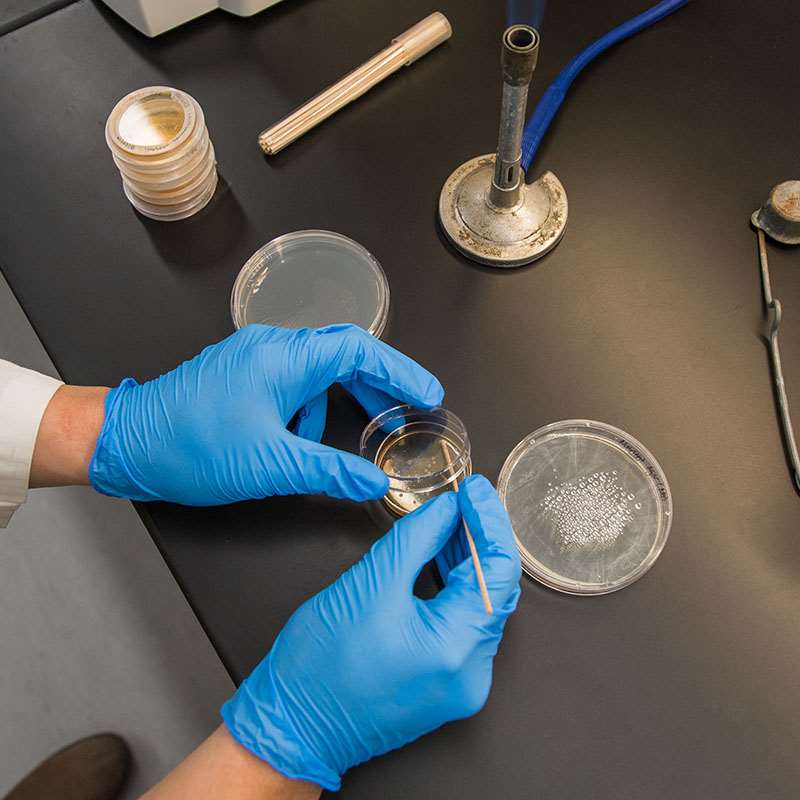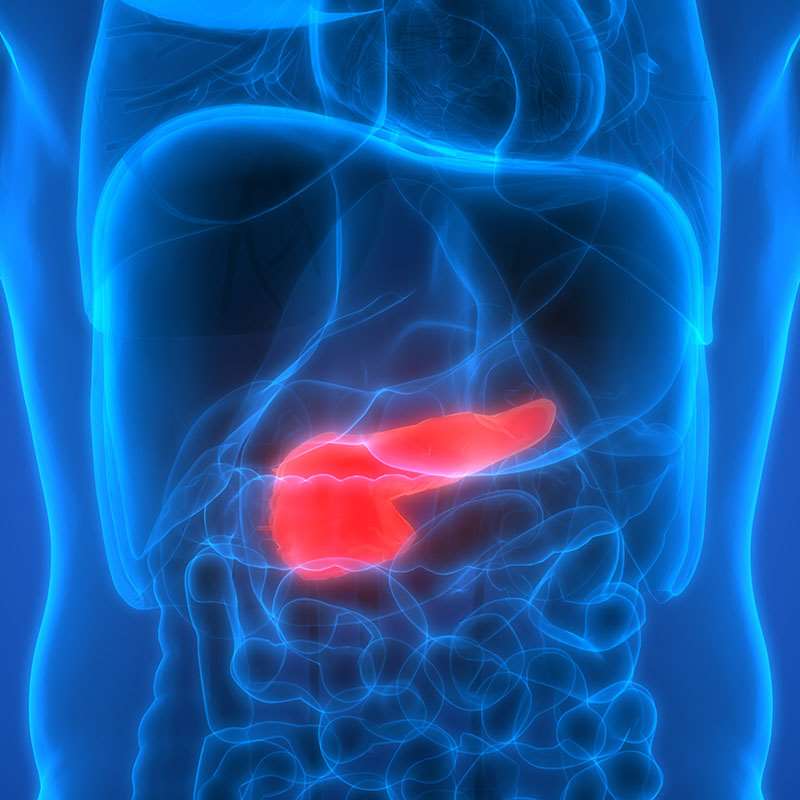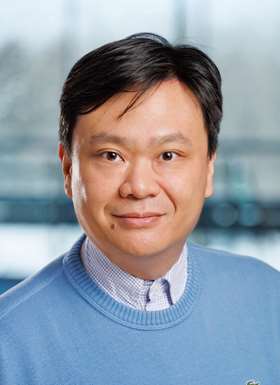Program Aims
Characterize the genetic, epigenetic, and post-transcriptional events driving malignancy
Cancer Biology members are using state-of-the-art techniques in genomics, 3D chromatin structure, systems biology, and gene ontology to define how mutations and epigenetic events drive malignancy. These studies are generating a new understanding of how normal cells are transformed, progress toward malignancy, and become resistant to therapy.
Identify structural and functional determinants of cancer drivers
Empowered by nuclear magnetic resonance, electron paramagnetic resonance, X-ray crystallography, and cryo-electron microscopy (cryo-EM) technologies, Cancer Biology members are identifying the atomic-level structural and functional features of proteins that drive or influence tumorigenesis, metastasis, and therapeutic resistance. These studies provide novel insights into how driver proteins fold and interact with other proteins, lipids, and nucleic acids to form supra-molecular complexes, opening new possibilities for developing novel therapeutic strategies to target them.
Define and elucidate cancer regulatory mechanisms in the tumor microenvironment
Cancer Biology members are defining and understanding how metabolic and bioenergetic signatures in tumor cells and other cells in the tumor microenvironment, including immune cells, fibroblasts, and cells in the neural-tumor axis, contribute to cancer. This research delineates how events in the tumor microenvironment impact immune surveillance, tumor progression, and metastasis, and is being translated into novel therapeutic avenues to treat or control cancer.

MCW Cancer Center Scientist Leads Battle to Understand How to Heal Cancer
For 20 years, Michele Battle, PhD, has worked to decipher the code on how cells develop and become specialized for different functions and why cells don't function properly in disease.

MCW Cancer Researchers Identify FOXM1 Protein as a Key Driver of Myeloma Metabolism
Investigators take a closer look at the metabolic role of FOXM1 to determine the genetic and biological pathways that underlie newly diagnosed high-risk myeloma (HRMM) and relapsed/refractory myeloma (RRMM).

Researchers Gain New Insights Into Pancreatic Cancer Biology That May Lead to Life-Saving Therapies
The study is the first to reveal the cellular origin of normal pancreatic fibroblasts and cancer-associated fibroblasts, which play an important and complex role in disease progression.
Program Leaders

Wei Liu, PhD
Joseph F. Heil, Jr. Endowed Chair of Molecular Oncogenesis Associate Professor

